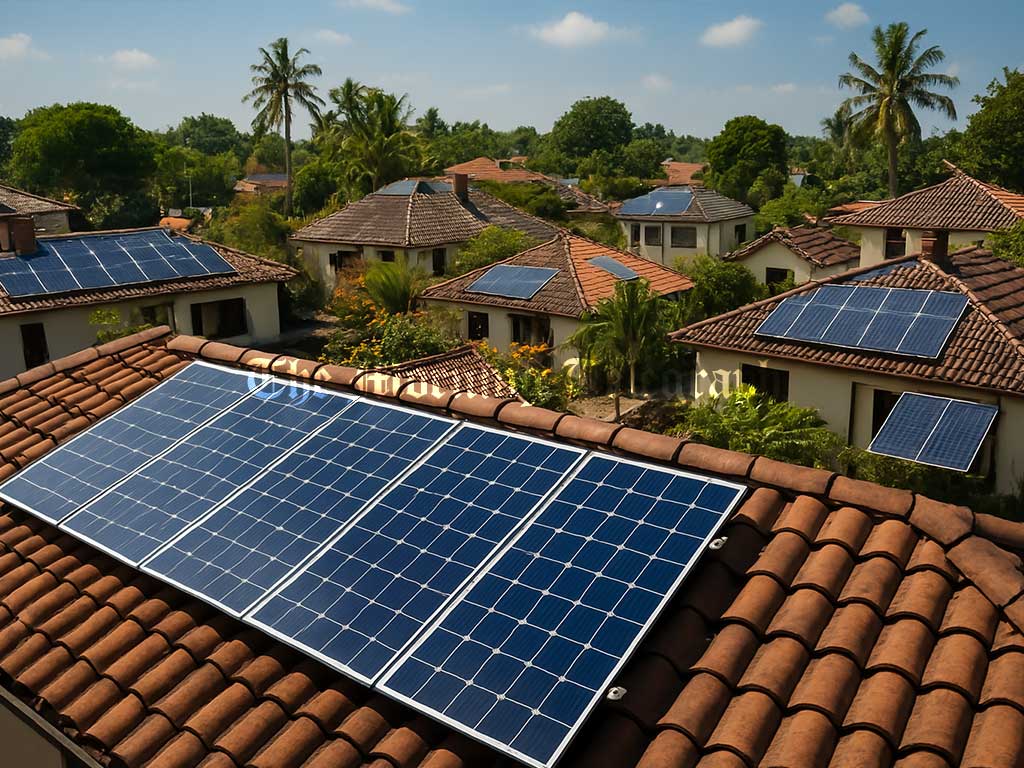
Electricity experts have raised concerns that the Ceylon Electricity Board (CEB) may be working to reduce public contributions to the national grid via rooftop solar panels, in favor of purchasing solar power from large-scale companies.
The concern stems from a recently issued circular, numbered 2025/DCC/COM05, which was released in English only. Experts argue that this may indicate a move to centralize the solar power supply and gradually marginalize individual and small-scale contributors.
The suspicion comes amid broader allegations that senior officials at the CEB are prioritizing electricity purchases from private companies over utilizing power from government-owned hydroelectric plants.
For years, the CEB has permitted homeowners to sell excess electricity generated through rooftop solar panels—up to 40 kilowatts—back to the grid under a net metering system. As of the end of 2024, around 100,000 homes had installed solar panels, collectively contributing approximately 600 megawatts to the national grid.
Experts warn that this contribution may now be at risk, with a potential shift in policy to favor corporate solar energy producers. This move appears to align with the government’s plan to generate 70% of the nation’s electricity from renewable sources by 2030.
As part of this shift, a Cabinet paper presented in the first week of March approved the reclassification of cultivated land in the Siyambalanduwa area as ‘wasteland’ to facilitate its transfer to a Singapore-based company for energy development. Furthermore, plans are underway for Indian Prime Minister Narendra Modi to sign an agreement during his April 5 visit to Sri Lanka for a 50-megawatt solar power plant in Sampur.
The developments have sparked concerns among energy experts and civil society groups that the nation’s solar energy sector could become monopolized, sidelining everyday citizens who have invested in sustainable power solutions for their homes.




